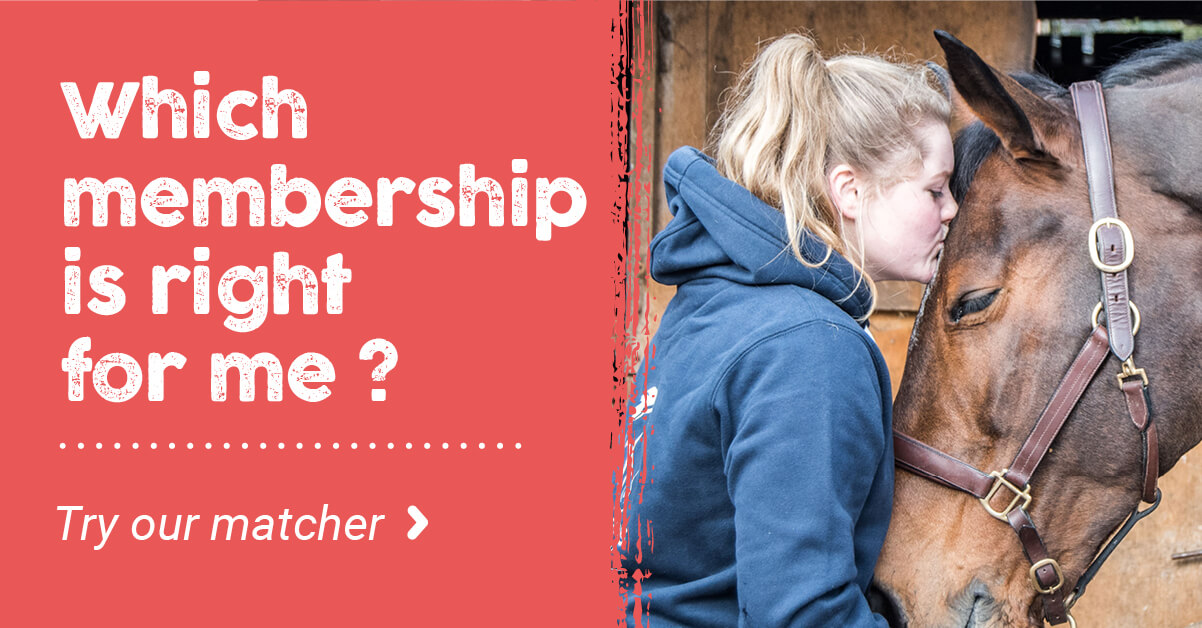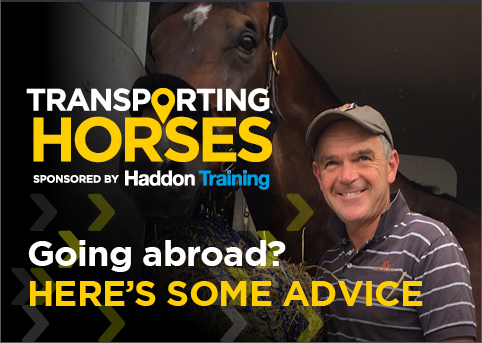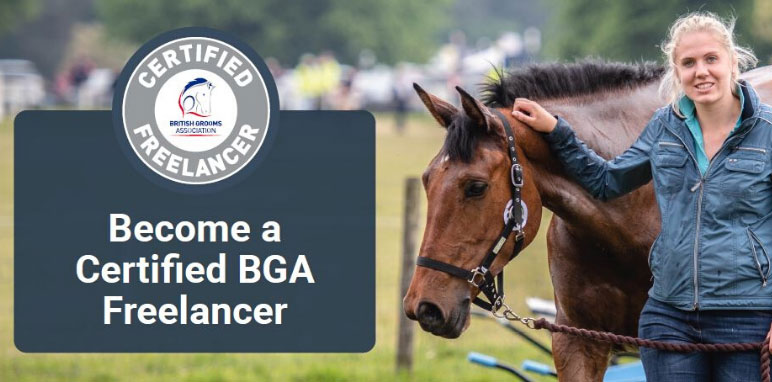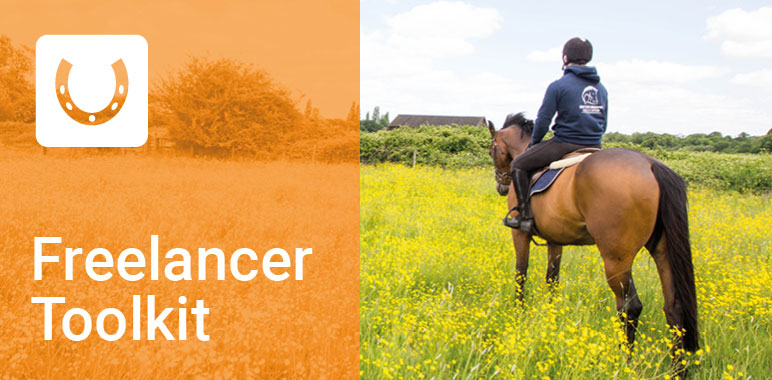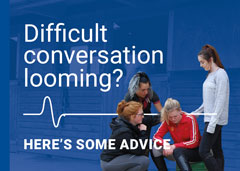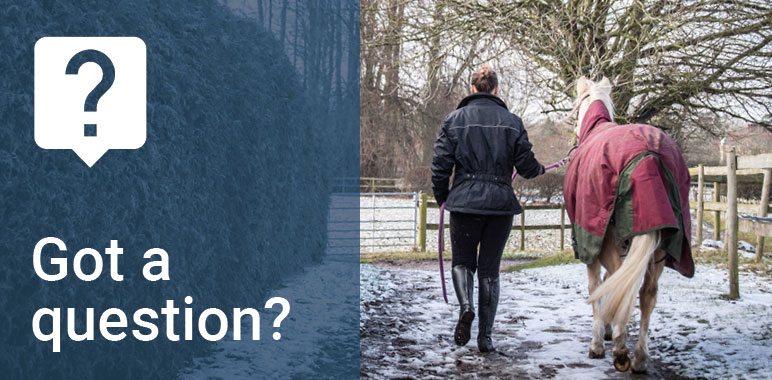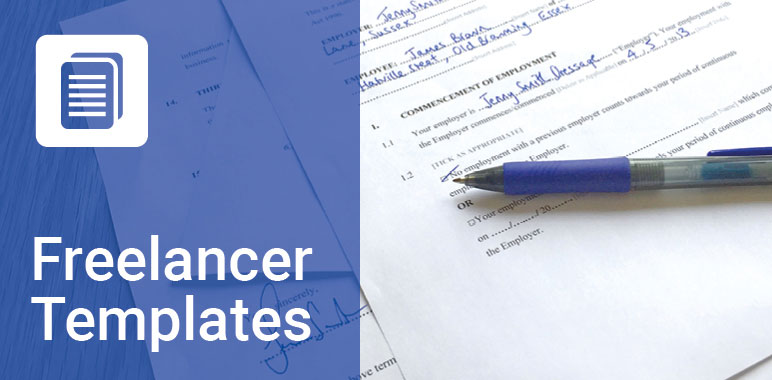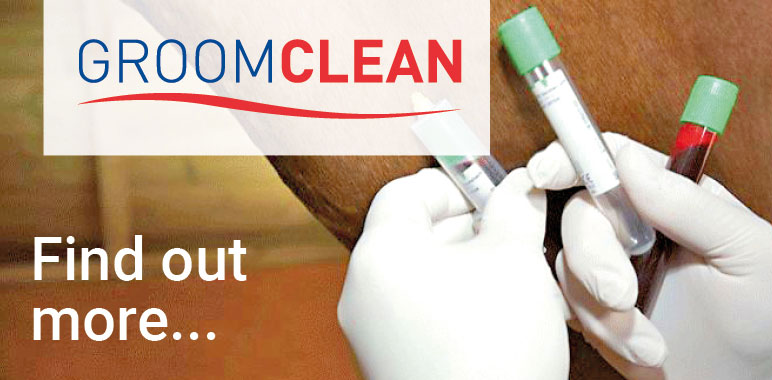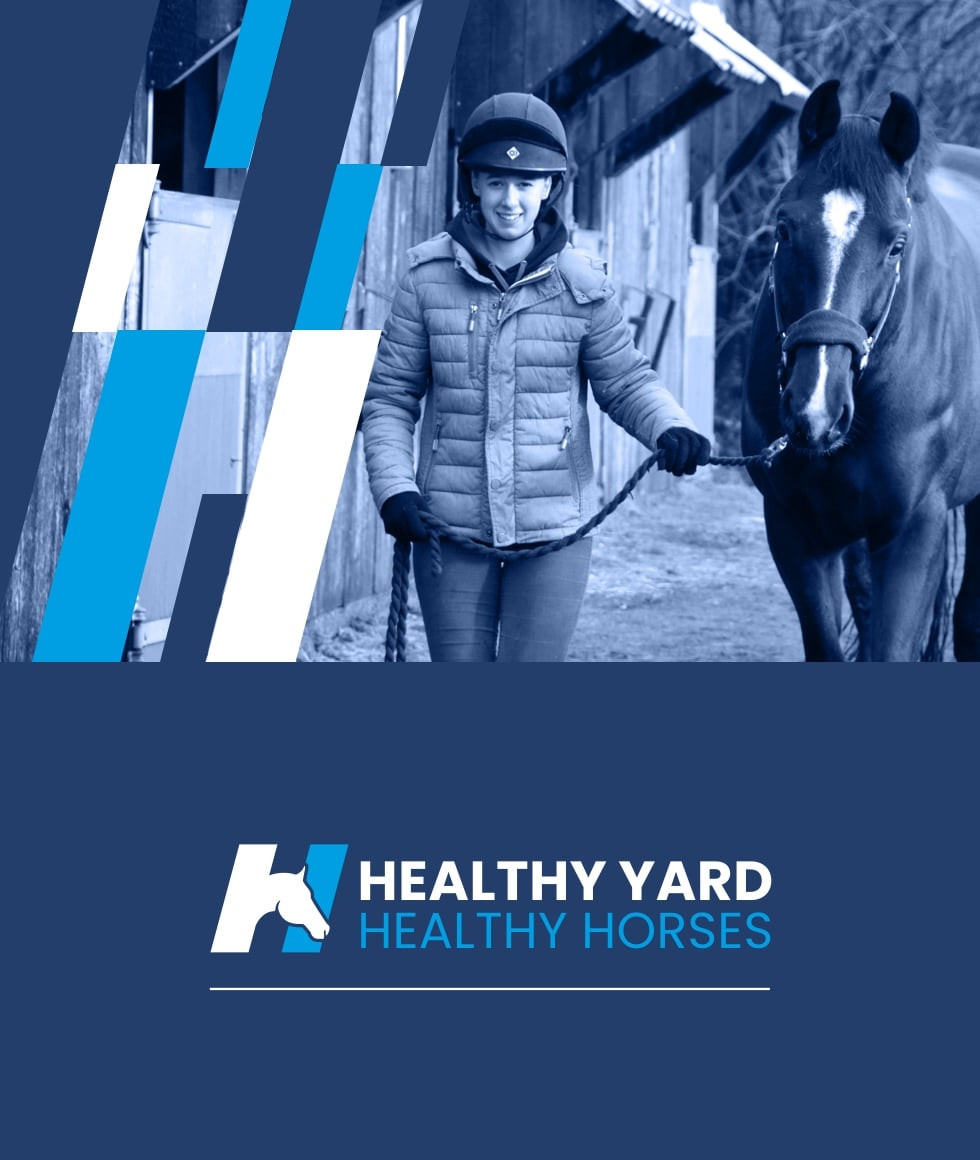- Join Now
- Login
- Member Zone
- Your Career
- Freelancing
- International Grooms Association
- BGA Training
- Healthy Yard Healthy Horses
- Transporting horses
- Brexit
- Safe workplace
- Student Zone
- Member Discounts
- BG Magazine
- Member services
- My employment
- Am I employed correctly
- Grooms Minds
- Legal Helpline
- BGA guide to the National Minimum Wage
- Training & Careers
- BGA CV Creator
- Horse groom training
- Where to Train
- BGA E Learning
- Career choices
- Change to Racing
- First Aid training for grooms
- Parents
- Grooms Jobs
- Grooms Life
- About
- News
- Contact

Understanding the NMW Increase
1st April 2025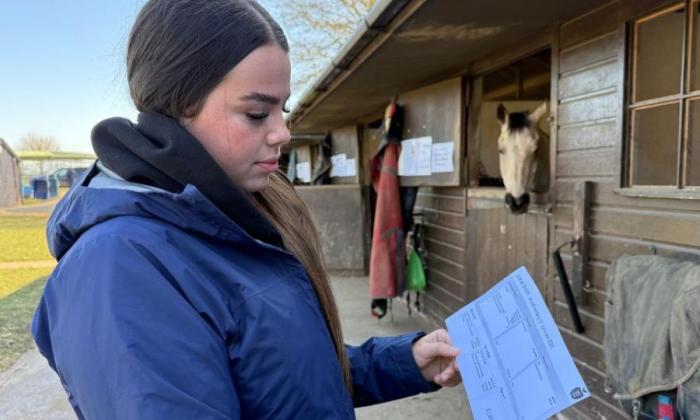
From today - 1st April 2024, the National Minimum Wage (NMW) is increasing.
This means that all UK employers - including equestrian businesses - must pay their staff at least the new legal hourly rate.
This is an important step towards ensuring fair pay in the industry and recognising the hard work of grooms.
What are the new NMW rates?
The rate for workers aged 21 or over increases to £12.21 per hour
The rate for workers aged 18 to 20 increases to £10.00 per hour
The rate for workers aged 16 to 17 increases to £7.55
The apprentice rate increases to £7.55
Why the NMW matters for grooms
Grooms play a vital and important role in the equestrian world, caring for horses, managing yards, and ensuring smooth day-to-day operations.
Despite this, many grooms have historically been underpaid, often working long hours for salaries that don’t always meet legal requirements.
The NMW increase ensures that:
- Grooms receive fair and legal pay for their work.
- Employers are held accountable for meeting wage laws.
- The equestrian industry becomes a more attractive and sustainable career choice.

Calculating Your Wage Correctly
To ensure you’re being paid the correct rate:
- Take your total pay before tax.
- Divide it by the total hours worked.
- Compare this to the NMW rate for your age group.
BGA members can also use our handy Wage Calculator to work our your pay
Here’s an example: Emma is a 22-year-old groom paid £1,600 per month. She typically works 55 hours per week.
- £1,600 ÷ 4 weeks = £400 per week.
- £400 ÷ 55 hours = £7.27 per hour.
- As the NMW for her age is £11.44 per hour (2024 rate), Emma is being underpaid.
If you suspect you are in a similar situation, take action!
How overtime can impact pay
You must be paid fairly for every hour you work, including overtime. If you regularly work more hours than stated in your contract but are paid the same salary, your actual hourly rate may fall below the NMW.
What to do if you suspect underpayment
Every employee in the UK has the legal right to earn at least the NMW. Employers who fail to meet this requirement can face fines, penalties, and even legal action.
If you think you are being paid less than the NMW:
- Check the new rates: Compare your hourly wage with the updated NMW figures.
- Calculate your pay: Divide your total earnings (before tax) by the number of hours worked.
- Review your payslip: Ensure that deductions and overtime are accounted for correctly.
- Speak to your employer: Approach them professionally and ask for clarification. Many cases of underpayment are due to misunderstandings or payroll errors.
- Seek advice: If your employer does not resolve the issue, organisations like the British Grooms Association (BGA) can offer guidance.
- Report it: HMRC investigates NMW underpayment. If your employer refuses to pay correctly, you can report them to HMRC anonymously.
- Consider Legal Action: In extreme cases, taking your employer to an employment tribunal may be necessary.
Your work as a groom is essential to the equestrian industry, and you deserve to be paid fairly. Understanding your rights, knowing how to calculate your wage, and taking action if underpaid will help ensure you receive the NMW you are legally entitled to.
Need advice? Join the British Grooms Association today!
What the personal accident policy covers you for:
- Whilst at work
- All stable duties – mucking out, grooming, washing off, turning out
- Clipping
- Riding – including hacking and jumping
- Hunting
- Lunging
- Breaking in
- Holding horse for a vet and other procedures
- Travelling horses both in the UK and abroad
- Competing in line with your job including: jumping, dressage, eventing
- Injuries that may happen to you whilst you are teaching - but you must also be grooming as part of your duties and not be a sole instructor
What the personal accident policy doesn’t cover you for:
- Riding in a race, point to point or team chase
- Stunt Riding
- Accidents occurring whilst travelling to and from work
- Riding and competing your own horse (but you can upgrade when applying for membership to include this)
- Public Liability – this is a separate insurance policy - the Freelance Groom Liability Insurance
- Care Custody and Control – this is a separate policy - the Freelance Groom Liability Insurance
If you require additional cover then please contact KBIS directly.
| GROOM | RIDER | EMPLOYER | |
|
When you are working for other people you do most of the following; muck out, turn out/catch in, tack up, groom horses, exercise Horses (including hacking, jumping and schooling), in the care of your employer/client. |
|
|
|
| Predominantly ride horses for other people including schooling, exercising and competing. | NO |
YES |
YES |
| Provide grooming services for someone else either full time or on a freelance basis i.e. an employer or a client. | YES |
NO |
NO |
| Employ staff – have an employers liability policy in your name | NO | NO | YES |
| Buy and sell horses | NO | YES | YES |


